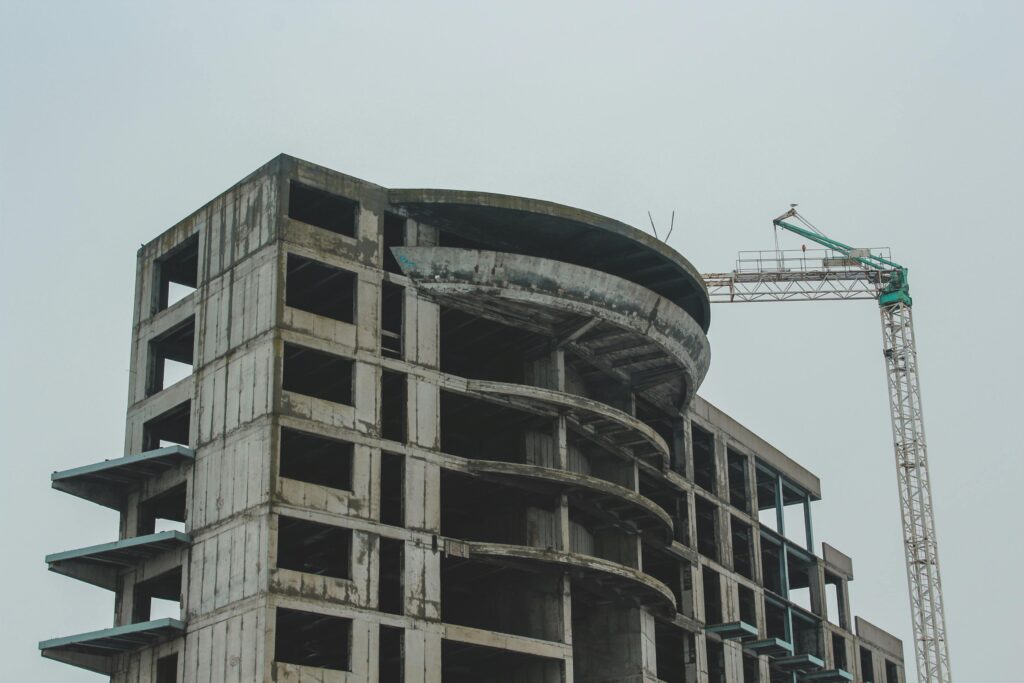
As water scarcity continues to intensify, driven by expanding cities and the impacts of climate change, the need for sustainable water management has become urgent. According to the World Economic Forum, a 40% gap between water supply and demand is projected by 2030. This reality may seem grim, but it also presents an opportunity for industries—especially real estate—to adopt water-saving practices that secure the future of our water resources.
World Water Day 2024, with the theme “Water for prosperity and peace,” encourages everyone to rethink how we use, consume, and manage water. The responsibility, however, extends beyond individuals to organizations, policymakers, and the real estate sector. In India, nearly 120 million households lack access to clean water, making it critical for both government housing projects and private real estate developments to adopt sustainable water strategies.
At Century Real Estate, we firmly believe that the real estate industry can play a pivotal role in driving water conservation. As such, we’re committed to adopting innovative water management practices that align with sustainable development goals and contribute to a more water-secure future.
Prioritizing Water Conservation in Construction
Water conservation starts with simple yet effective measures, such as installing low-flow fixtures in both residential and commercial spaces. These devices significantly reduce water consumption without sacrificing user convenience. Additionally, utilizing recycled water for secondary needs like irrigation, cooling, and industrial purposes further alleviates the pressure on limited water resources. We can go a step further by implementing advanced water treatment systems, such as indirect or direct potable reuse (IPR/DPR), to reclaim and treat wastewater for drinking or other primary uses. Globally, several successful examples showcase how these systems can be scaled for impactful results.
Monitoring water usage through metering and data collection is equally essential. By measuring water consumption, we can create awareness and promote responsible use among residents, tenants, and building managers. Activating simple awareness campaigns can make a difference when backed by accurate consumption data.
Even well-designed water distribution networks may suffer from leaks if left unaddressed. To mitigate this, high-quality materials in plumbing, preventive maintenance, and regular checks are crucial. Leveraging technology, such as smart sensors, allows us to identify and address leaks quickly, preventing significant water losses.
Safeguarding Natural Water Sources
Protecting natural water sources is another fundamental aspect of water conservation. By treating wastewater before it is released, we can prevent contamination of local rivers, lakes,and aquifers. Adding filtration chambers and oil interceptors to drainage systems further ensures that polluted water doesn’t mix with clean sources.
Floods can also contribute to water contamination. Proper risk assessments and flood prevention strategies in building designs help protect underground water reservoirs and groundwater from contaminated floodwater, minimizing the risk of waterborne diseases in surrounding communities.
Restoring and Recharging Water Resources
India’s groundwater reserves are rapidly depleting due to over-extraction for agriculture and other uses. Despite housing nearly a sixth of the global population, India holds only 4% of the world’s freshwater resources. This imbalance can be mitigated by implementing rainwater harvesting systems that recharge aquifers and surface water bodies. Techniques like rainwater collection and the prevention of excessive concretization allow urban landscapes to absorb and retain more rainwater. Greener landscapes, natural water flow, and ground hydrology can all contribute to restoring these vital resources.
Urban runoff poses a serious threat to sustainable water management. By designing with softer landscapes, planting native greenery, and minimizing concrete surfaces, we can reduce runoff and reinvigorate the natural water cycle. At Century, we integrate these approaches wherever possible, aligning with both regulatory requirements and the voluntary standards set by green building certification bodies.
Leading the Way with a Water-Positive Vision
Though some water-saving measures are mandated by building regulations, many initiatives are left to developers’ discretion. Century Real Estate has long embraced climate-responsive and water-conscious designs, prioritizing solutions that positively impact future generations. On World Water Day, and every day, it’s our responsibility to think about our actions’ lasting impact on water resources.
Real estate has the potential to drive meaningful change in water conservation through collective action. At Century, we are committed to integrating sustainable practices into our projects, not only to reduce our environmental footprint but to promote a culture of water responsibility across the industry. By working together—developers, policymakers, communities, and individuals alike—we can forge a path toward a water-secure future that will benefit generations to come.

